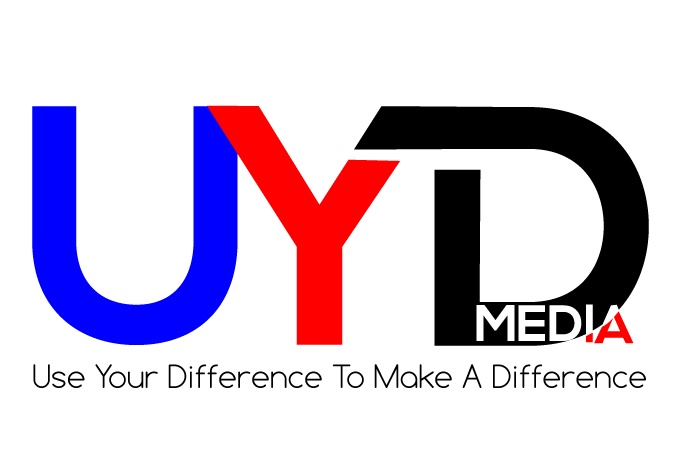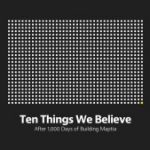A confession…
I just realized I have a completely screwed perspective on what it means to fit in as a Third Culture Kid.
You see, I’m a TCK who likes logic. I like lists. I like to follow directions (when I can read them). I like to know the rules and follow them. I’m a perfectionist who happens to live the messy, ambiguous, unexpected life of a TCK. You’ve probably gathered by now: my TCK side doesn’t always work well with my Type -A personality.
Recently, I’ve been wrestling with a question: why do TCKs find it difficult to fit in? It’s a constant struggle of almost every TCK I know. There’s no set of directions to follow in order to find this sense of belonging. Many times it feels as though we have two choices:
Choice #1: Be honest with who we are and where we’re from, perceiving our ‘outsider status’ as a barrier from connection.
Or…
Choice #2: Go along with those around us. Pretend as though we like what they like, live how they live, and think how they think. But never feel free to share our hearts, our childhood, or our perspective of the world around us.
As I’m preparing to move back to my passport country soon, these feelings have only intensified. “Do I want to be known as the one who’s not sure where she’s from?” I asked myself. “Am I okay with the ‘outsider status?’” I almost settled with choice number two: simply go with the flow. Then I read The Worlds Within, an anthology of TCK art and writing. These quotes, woven throughout many of the essays written by other TCKs, made me backtrack:
“I can’t fully belong anywhere.”
“I’m in between cultures.”
“I’m neither and both.”
“I’m not ‘enough’ of either culture.”
“There’s always something different about me.”
“I’m a local who is foreign.”
“Nobody wants to understand the real me because the real me isn’t the norm.”
That’s it, I decided with a pang of understanding coupled with frustration. There has to be solution to fitting in as Third Culture Kids! There has to be a formula! There has to be a strategy to bridging this divide. A way to close the gap of ‘in-between.’ A way to become ‘enough’ for each culture we call home.
And being the Type-A TCK I am, I determined to figure it out. I’ve pored over articles written by TCKs and TCK experts. I’ve studied books on TCKs. I’ve highlighted, read, and reread, seeking to put the pieces together. How can we fit in as TCKs? What I discovered was completely unexpected.
TCKs’ Misguided Efforts to Fit In
As TCKs, we crave a sense of belonging. We long to find a place of acceptance. But the moment we become a TCK, we also become ‘different.’ We are defined as ‘other.’ We are from ‘elsewhere.’
In the beginning, we may be okay with different. But then there comes a moment when “everything is different and different is no longer good. Different is hard. Different means I don’t know the rules…different means lonely,” writes Marilyn Gardner in her blog post “We Speak the Language of Elsewhere.”
Hence, no matter how hard we try, we can’t seem to fit with those who haven’t experienced a similar lifestyle. This can feel alienating, discouraging, and frustrating. I know from experience. But I also realize that TCKs can easily become ever-changing chameleons. (Also from experience!) We watch. We scrutinize our surroundings. And we conform.
But we can hide, and many times lose ourselves in the process. We desperately don’t want to be the new person or the stranger anymore, because sometimes it feels like that’s all we are. We can become misguided in our efforts to fit in, believing that honesty and acceptance of who we are prevents connection with others.
Finding the Courage to Embrace Our Stories
Our frustration at not being ‘enough’ of any culture, our hesitation at answering the question “where’s home?” – Doesn’t this all stem from an insecurity of not finding acceptance and belonging with the question-askers?
In our striving efforts to fit in, TCKs can easily deny the core of our identities. We are different. We are other. We are from elsewhere. And this can be a conduit for connection, not a source of shame, if we choose to practice authenticity and embrace our stories. Authenticity is the daily choice to be honest. To be seen for who we are and not who we want to be. When we deny our stories, they define us as ‘different.’ But when we own our stories, we simultaneously open the gateway to belonging. Others can’t accept us until we accept ourselves.
Brene Brown is a researcher who studies human connection. She says that “vulnerability is not about fear, grief, and disappointment. It is the birthplace of everything we’re hungry for…staying vulnerable is a risk we have to take if we want to experience connection.”
So what did I learn from my furious attempts at pinpointing the ‘fitting-in formula’ for TCKs? I learned that connection is not dependent upon conformity. Our difference as TCKs is not something we need to hide in order to find belonging. I discovered a third choice:
Choice #3: Whole-heartedly embrace our stories with the knowledge that vulnerability can create connection.




